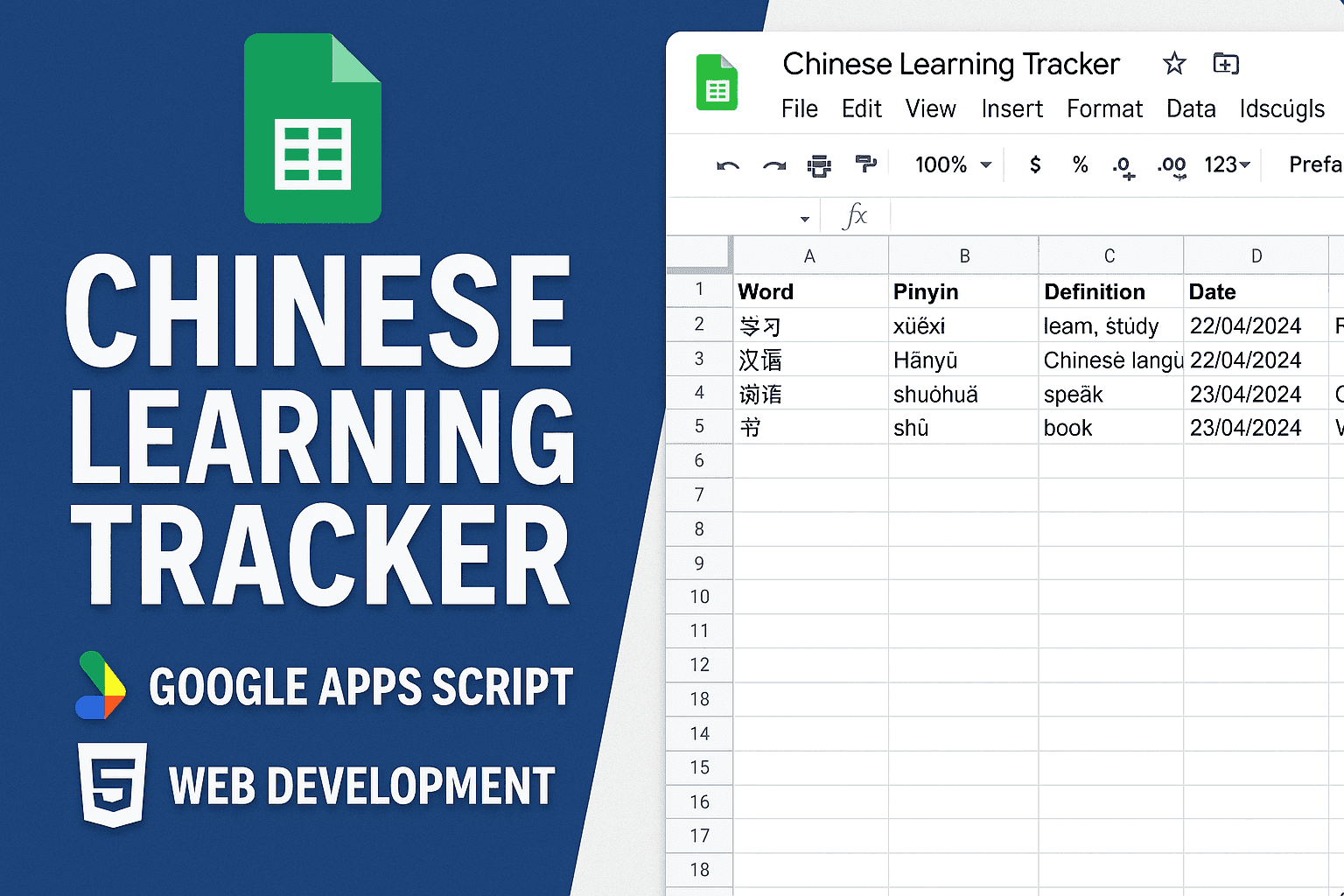Habit tracking transforms language learning from an occasional effort into a reliable daily practice.
By recording short, consistent study sessions—vocabulary reviews, listening, speaking, or grammar exercises—you build momentum and avoid the common “all-or-nothing” trap. Tracking makes progress visible: streaks, cumulative minutes, and logged milestones provide tangible rewards that sustain motivation on slow days. Data helps you diagnose what’s working and what isn’t; seeing uneven practice across skills encourages rebalancing toward speaking or listening as needed.
Habit tracking reduces decision fatigue by turning study into a small, repeatable routine, so you spend energy learning rather than planning.
It supports spaced repetition and deliberate practice by highlighting gaps and prompting timely reviews, improving long-term retention. Accountability—whether to a tracker, partner, or public log—raises the cost of skipping sessions and increases follow-through.
Finally, a habit archive provides perspective: over months, patterns and plateaus become clear, enabling smarter adjustments and preventing burnout. The combination of consistent micro-practices, measurable feedback, and reduced friction makes habit tracking a powerful lever to accelerate steady, sustainable language growth. You can customize targets, celebrate small wins, and integrate social accountability or gamified elements to keep curiosity high; over time these habits compound into fluent, confident communication and measurable progress.

